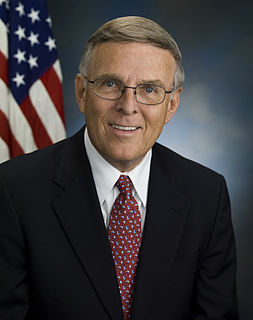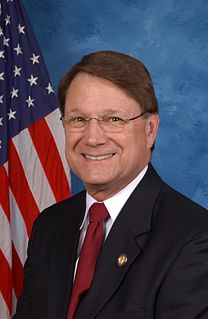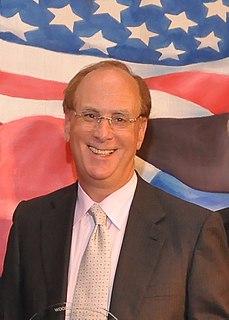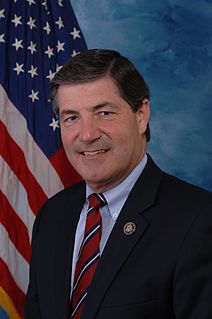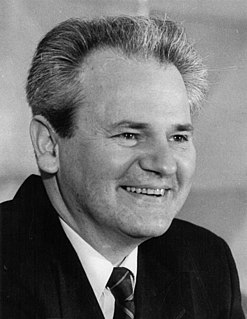Top 1200 Multinational Corporations Quotes & Sayings - Page 3
Explore popular Multinational Corporations quotes.
Last updated on November 28, 2024.
Some corporations don't want free markets, and they don't want democracy. They want profits. And they use our campaign finance system to loot our commons, to steal from our treasury, and the other shared resources of our community - the air, the water, the public lands, the wildlife, the things that belong to all of us that are held in trust for future generations. Corporations cannot act philanthropically in America.
The gains we made in the United States that have made our country great have, in large part, been made over the opposition of major corporations. On nearly every issue, from fair labor standards, to the minimum wage, to environmental standards, to standards for a safe workplace, corporations have fought against them every step of the way.
In America, we need to go forward in nationalizing several large corporations: I think that's possible; we nationalized General Motors; we nationalized several of the big banks, de facto; we nationalized Chrysler; we nationalized AIG. I think there will be more crises, and at some point, rather than being bailed out by the government, the public may keep the corporations it has to rescue.
The role of globalization is to homogenize all cultures, and to turn them into commodified markets, and therefore, to make them easier for global corporations to control. Global corporations are even now trying to commodify all remaining aspects of national cultures, not to mention indigenous cultures.
I think one purpose is very clear among corporations and business leaders: make profits, deliver high return for stockholders, conquer markets, service consumers and create jobs. But in today's world, demands from corporations and leaders are much more than that. We need to understand what people really want at the very end.
I think the American people should see that the corporations abandoned them long ago. That people will have to build their own economies and rebuild democracy as a living democracy. The corporations belong to no land, no country, no people. They have no loyalty to anything apart from the base-line - their profits. And the profits today are on an unimaginable scale; it has become illegitimate, criminal profit - profits extracted at the cost of life.
NAFTA and GATT are quite similar. They both have highly protectionist elements. They're kind of a mixture of liberalization and protection designed to expand the power of transnational corporations. They're very basically investor's rights agreements. One crucial part in both is the "intellectual property right," which is a funny way of saying that corporations, like pharmaceutical companies, will have near-monopolistic rule over future technology. This now includes product as well as process rights.
You got to remember, S corporations pay one layer of tax, corporations pay two layers of tax. So we basically see equivalent, but here`s the point. The rest of the world, they tax their businesses at an average rate in the industrialized world of 23 percent. Our corporate is 35. Our top S corporate, small business rate is 44.6 effectively. This is killing us.
Corporate organization in American business and commerce was already well under way by the time Abraham Lincoln became president. But all the evidence from his pre-war lawyering days is that he had little objection to the rise of corporations. As a state legislator, he had strongly favored the creation of an Illinois state bank, as well as sponsoring the chartering of public/private corporations like the Illinois Central Railroad.
It's time for us to review the circumstances under which corporations gain rights superior to that of individuals in our society. It's time for us to look at the practices of corporations and holding them accountable for violations of law which often go unnoticed because there is very little regulation.
Net neutrality is rooted in a number of leftist assumptions, and that is that all corporation is evil, that all profit is evil, and that all people in corporations are not people, because corporations aren't people. A gigantic rip-off. Then you couple their own economic circumstances into this and the way they've been raised, thinking if they want it, they should have it, then you get this so-called informed media and opinion about all this stuff.
We need real tax reform which makes the rich and profitable corporations begin to pay their fair share of taxes. We need a tax system which is fair and progressive. Children should not go hungry in this country while profitable corporations and the wealthy avoid their tax responsibilities by stashing their money in the Cayman Islands.
When I attended a forum on libel reform at the British Academy in 2011, 20 figures ranging from law professors to leading libel law firm, Carter Ruck, from MPs to free speech groups, discussed the issue of corporations. There was unanimous agreement that there needed to be restrictions on the right of corporations to sue in libel.
In the early 1970s, Milton Friedman argued that corporations should not be socially responsible because they had no mandate to be; they existed to make money, not to be charitable institutions. But in the economy of the 21st century, corporations cannot be socially responsible, if social responsibility is understood to mean sacrificing profits for the sake of some perceived social good. That's because competition has become so much more intense.
We have reached a stage where governments and political processes have been hijacked by the corporate world. Corporations can within five hours influence the vote in the U.S. Congress. They can influence the entire voting patterns of the Indian Parliament. Ordinary people who put governments in power might want to go in a different direction. I call this the phenomenon of the inverted state, where the state is no longer accountable to the people. The state only serves the interests of corporations.

